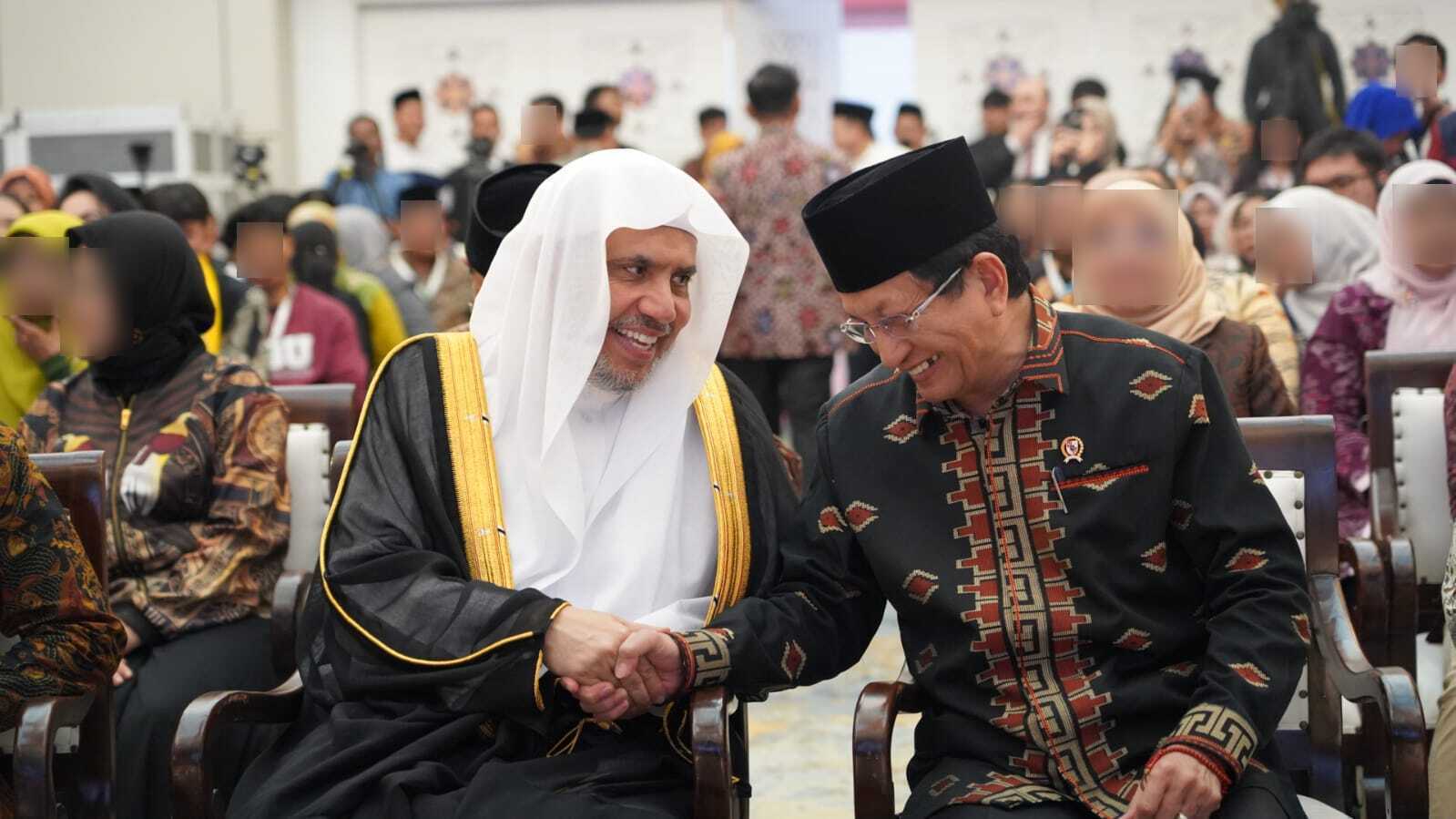Interview – Indonesian Muslim scholar: Anyone can have waqf assets

Waqf assets can be allocated for productive businesses under shirkah contract managed professionally by trustworthy experts in managing the assets.
Bogor, W Java (Indonesia Window) – The economic power and potential of Muslims throughout the world, including Indonesia, is massive, one of which is because Islam has a mechanism for collecting and distributing assets through waqf.
In the Islamic law, waqf has many different meanings according to some Islamic law experts. In general, waqf is a donation of assets given by a Muslim for religious, educational or other charitable purposes that can provide benefits and goodness to the wider community.
“Waqf is an effort to empower Muslim assets that can be implemented by anyone,” Director of Waqf for the Indonesian Muslim Entrepreneurs Community (locally known as KPMI), Abu Rizal Rahman Priyadi, said in a special interview with Indonesia Window here on Tuesday.
“With waqf, the people of Aceh (Indonesia’s most western province) can now enjoy subsidies for hajj costs from investment gained from Aceh Hotel in Makkah, which was built during the Aceh Kingdom period decades ago,” he said.
He further said that there are two main activities in waqf, namely the collection and distribution or empowerment of donated assets (according to the Islamic law).
Abu Rizal further explained that the donated assets could be used goods; ‘hiatus assets’ in the forms of houses, shop-cum-houses and other buildings that have not been used for a long time; as well as cash waqf in the form of money. “And you don’t need to be rich to give waqf,” said Abu Rizal, who also serves as a director of Baitul Maal Wat Tamwil (BMT) El-Arbah Kuningan in Indonesia’s West Java province.
Baitul Maal Wat Tamwil is a microfinance institution that serve micro and small-micro business customers based on profit sharing system under the Islamic law.
“Even with only one thousand rupiahs we can make waqf,” he stressed, saying that with assets of ‘only 1,000 rupiahs, all Muslims, including small sellers and housewives, ‘God willing’ would definitely be able to have waqf assets.
The 1,000 rupiah waqf can then be carried out through a ‘one-day-one thousand’ movement. “Imagine if there were 10,000 people, there would be ten million rupiahs in a day. These waqf assets could be put into practice and developed in schools, Islamic boarding schools, or communities.
Meanwhile, used goods given for waqf, according to Abu Rizal, could be vehicles or furniture. “These items should be donated first, then sold to obtain cash waqf which would be deposited to a waqf agency.”
In addition, rich people who have many houses, rice fields or plots of land that are not used, can be endowed under a contract with the waqf agency for a certain period of time, he explained.
“With the waqf agency, property owners can donate their assets using an ijarah agreement, for example by renting out their houses or shop-cum-houses to generate income for the waqf agency, which is then distributed to the mauquf ‘alaih (waqf beneficiaries),” Abu Rizal pointed out.
Another scheme option of waqf distribution is that waqf assets can be allocated for productive businesses under shirkah contract managed professionally by trustworthy experts in managing waqf assets.
“For example, we can collaborate with farmers who need rice fields under profit sharing agreements, or so-called muzara’ah in Islam. “We can share the profits with the waqf agency,” he noted, adding that the agency and the asset owners can also make agreements on a profit sharing percentage from the assets.
Shirkah is a business partnership between two or more entities for the purpose of making profits.
According to Abu Rizal, those waqf asset schemes are very motivating, because a lot of Muslims have abundant inherited assets, such as houses and lands in their parents’ hometowns, yet are unable to manage them because they live in cities.
“This management scheme facilitates Muslims to make waqf in cash without money,” he stressed.
Abu Rizal emphasized that in terms religious understanding, waqf is alms that must be prepared and practiced by every Muslim because it will bring eternal rewards in the afterlife, which is called jariyah.
“Having waqf doesn’t mean you have to wait to get rich. “One thousand rupiah a day or utilizing unused assets can be sources of our charity,” he said.
The Indonesian National Waqf Agency (BWI) on its website stated that based on the Ministry of Religion’s Waqf Information System in 2022, waqf lands in Indonesia are located in 440,500 points with a total area of around 57,200 hectares.
Apart from that, the waqf potentials of the country with the biggest number of Muslims in the world, especially in the form of cash, is estimated to reach 180 trillion rupiahs per year.
The Indonesian Waqf Agency recorded the cash waqf revenues reaching 1.4 trillion rupiahs as of March 2022. This figure has increased compared to that collected in the 2018 – 2021 period, amounting to 855 billion rupiahs.
*1 U.S. dollars = 15,581.45 rupiahs
Reporting by Indonesia Window

.jpg)








